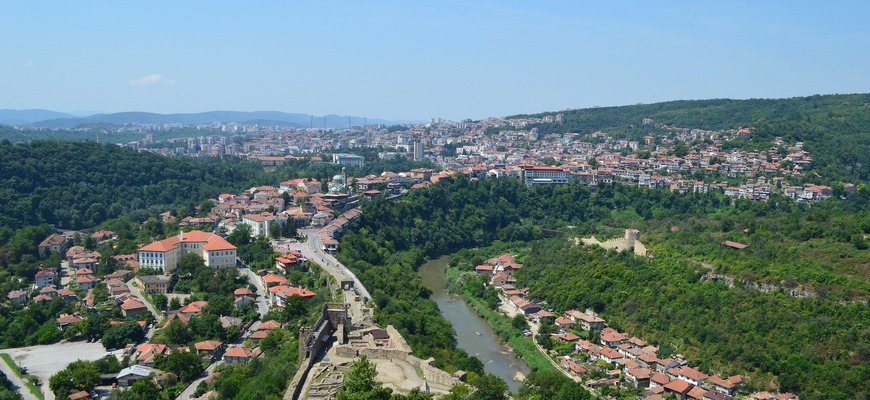
version


According to the National Statistical Institute (NSI), Bulgaria granted 10,267 residence permits to citizens of non-EU countries in 2020. For comparison, the number of residence permits issued to third-country citizens was 9,595 in 2015, 7,666 in 2016, 10,958 in 2017, 11,864 in 2018, and 13,500 in 2019, Sofia Globe reports.
Of the total number of issued residence permits, 2,902 were granted for family reasons, 1,154 – for education and study, 2,388 - for employment and 3,823 - for other reasons, not defined in the report.
"Blue cards". In 2020, Bulgaria issued 428 "blue cards" (work permits issued in the EU to educated and qualified citizens of third countries). 299 were granted for the first time, and 129 were extended. The overall result in 2020 was the highest in the last five years.
In 2020, a total of 51,723 citizens of non-EU countries had permanent or long-term residence permits in Bulgaria. This is the highest figure since 2015.





